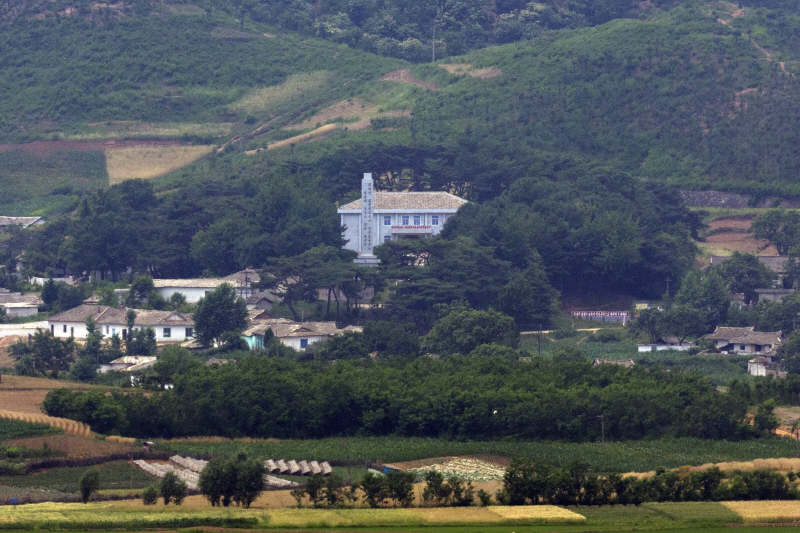The number of North Korean defectors who arrived in South Korea reached 236 in 2024, up by 20.4 percent compared to the previous year, according to the Unification Ministry on Tuesday.
Women continued to make up the majority of defectors, with 210 arrivals last year compared to 26 men, the ministry said.
“North Korea has a rigid organizational structure, which keeps men more tightly bound to state-controlled institutions,” a Unification Ministry official said in a briefing. “While economic hardship has forced women to engage in local markets, leading to some relaxation of state control over them, authorities have sought to maintain strict oversight over men.”

The cumulative number of defectors now stands at 34,314, with 9,568 men and 24,746 women.
Most defectors last year entered South Korea via Southeast Asia or had long resided in a third country after escaping North Korea before the Covid-19 pandemic — a similar pattern to previous years.
Only three defectors arrived through direct border crossings. One swam to Gyodong Island in Ganghwa, another walked into South Korea through Goseong, Gangwon, and a third arrived by wooden boat in the Yellow Sea.
The number of “elite” defectors, including diplomats and high-ranking officials, slightly declined to a “single-digit figure” last year, the ministry added, compared to around ten in 2023.
Unlike ordinary defectors, who undergo resettlement training at the Hanawon — a government-run resettlement education center in Anseong, Gyeonggi — elite defectors receive special protection from the National Intelligence Service due to security concerns.
The ministry also noted that since the Covid-19 pandemic that broke out in December 2019, tighter border controls have made defections more difficult from China.
“Even movement within China has become extremely challenging,” the official said. “In the past, defectors could simply pay brokers to arrange their journey, but that is no longer the case.”
BY SEO JI-EUN [seo.jieun1@joongang.co.kr]




